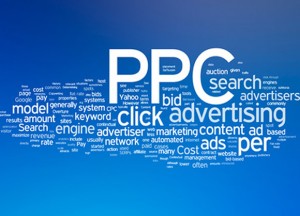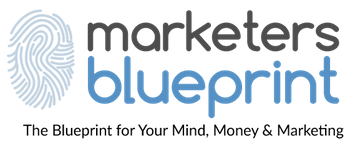Pay Per Click Search Engine Advertising, commonly referred to as PPC advertising, has one big advantage over other forms of advertising. With most other types of advertising, companies pay for the opportunity to reach potential customers. Billboards and other signage have rates determined by their location. Radio and television commercials charge based on the time they air. Booths at trade shows charge by the square foot.
Unlike these other methods, PPC advertising only charges for results. Anytime a visitor clicks on a link directing them to a company’s website, that company is charged a fee. This is also referred to as “buying clicks”, and it is such a popular method of advertising, because each charge means that a potential customer has taken a positive first into the sales process.

One advantage that PPC advertising has over search engine optimization, or SEO, is the amount of control the owner of the destination site has. SEO is completely at the mercy of the hosting search engine, such as Google or Yahoo. Each particular search engine has its own set of protocols governing how web pages and search results are ranked and populated in the results. PPC, on the other hand, leaves almost everything to the auspices of the user, who controls virtually everything, including the landing page and desired keywords.
Recently, an article was printed on ppc.org, stating:
You may think you have control, but in reality, you don’t… you don’t have control over exactly how much traffic is going to your landing page. For advertisers that need instantaneous traffic or even consistent amounts of long term traffic, PPC is the way forward. I often look at SEO as a lottery. You cannot guarantee results in SEO.
PPC also has the advantage of speed. SEO campaigns can take months to come to fruition as the included keyword begins to achieve some level of relevance to the search engine. PPC, on the other hand, can be up and running in minutes.
This difference in speeds is critical when results are needed immediately. An example of this would be an online company that sold portable heaters. Because the winters are relatively mild there, it probably isn’t a priority to have the phrase “Oklahoma City heaters” optimized for search engines. However, if an unexpected snowstorm were to hit the city, there would not be time to create a webpage, make backlinks, and wait until the page is recognized and ranked as relevant by Google. SEO would fail in this case, because the opportunity is immediate and short-term.
A PPC campaign would be perfect in this particular case, because people affected by the storm and in need of a heater would take an action, clicking through, that would bring them to the website of the company. The landing page and the links could be set up in a matter of minutes.
One more benefit from a PPC campaign would be cost effectiveness. One of the most important metrics used to determine a PPC campaign’s success is the click through rate. Joe Cunningham, an internet marketing manager, had this to say:
The typical click through rate (CTR) for a decent ad campaign is anywhere from 1-5% (the ratio of people who see your ad to those who click through). The average website conversion rate for a decent website and proposition is about 2-5% (ratio of visitors to your website to those who convert (buy your product, fill out your contact form, etc.).
Using the lowest percentages, the example means it takes 5,000 visitors seeing the ad to get 50 people to click through to the website to create one sale. But here lies the beauty of PPC: the charge is only applied to the 50 people who clicked through, not the other 4950 who merely saw the ad. However, depending how much you pay per click, the revenue can quickly add up, so you should still take care with your campaigns, and research still plays a vital part.
